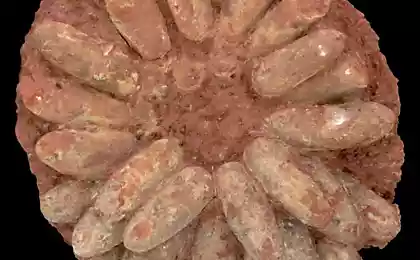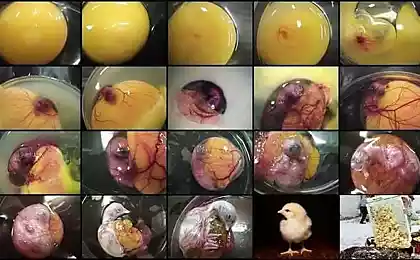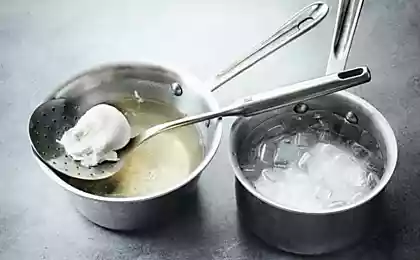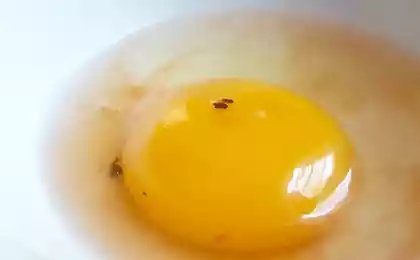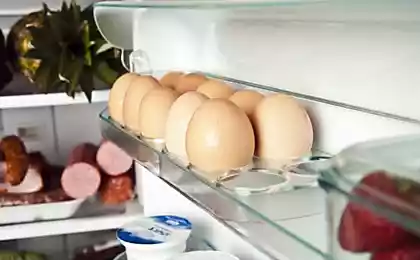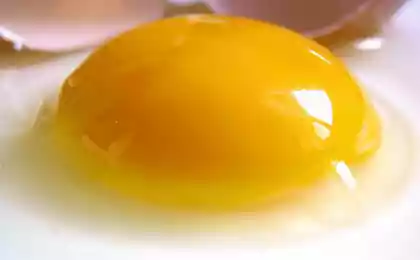161
Disinfection of raw eggs according to all rules
Today, the topic of disinfection has become especially popular. Many have become much harder to disinfect their homes than before. But at the same time, for some reason, many forget that some foods also need to be disinfected before consumption. For example, disinfection of eggs is carried out on average only a third of customers.
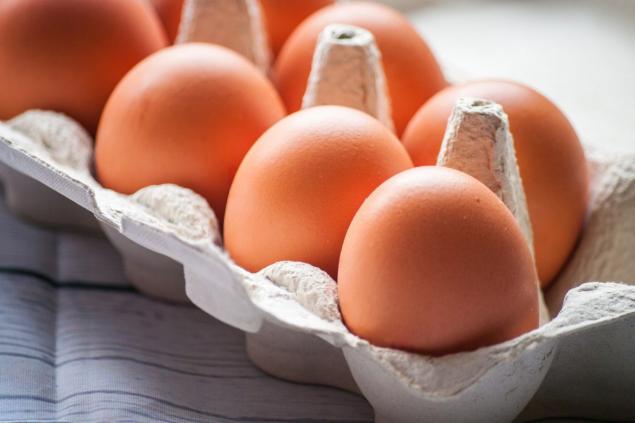
Neglect of this procedure can lead to very unpleasant consequences. In particular, to various diseases, the most famous of which is salmonellosis.
So before cooking unusual dishes from eggs, the editorial board "Site" He invites you to familiarize yourself with all the rules of their disinfection at home.
There are two categories of eggs produced in poultry farms: incubation and commercial. The first are designed to breed the next young, and the second are sent for sale and eaten.
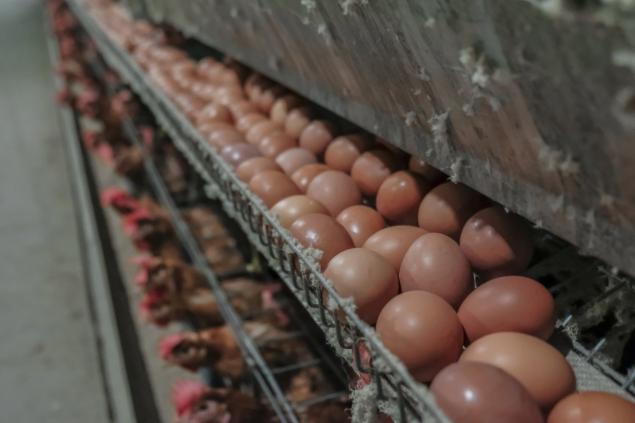
Immediately after demolition, commercial eggs are sent by conveyor belt to the sorting shop, where they are divided into categories and packed into trays.
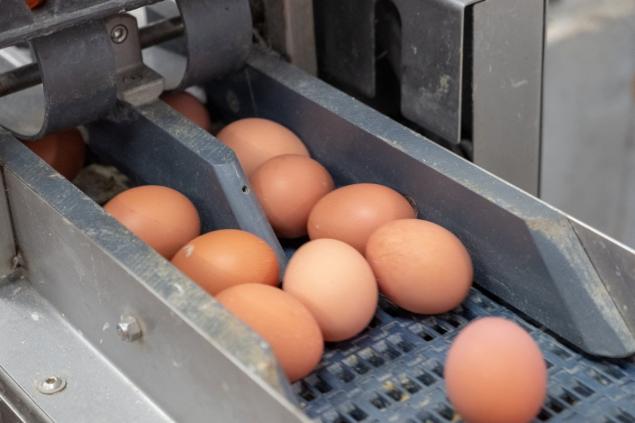
In some factories, eggs are treated with disinfectants twice. And during sorting, and before the direct packaging. Some are limited to just one procedure.
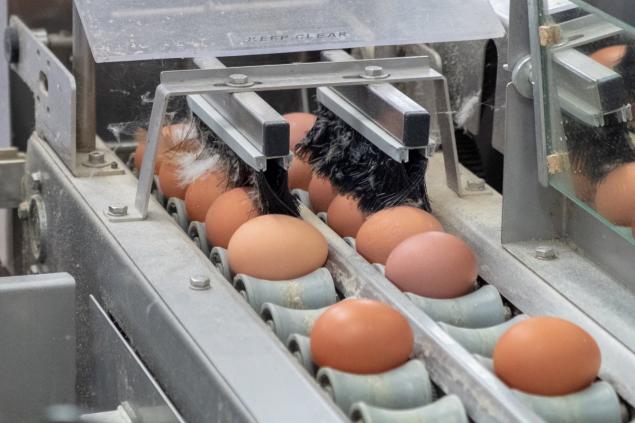
This procedure protects the shell of the commercial egg from the effects of microbes. And this, in turn, increases the shelf life of products.
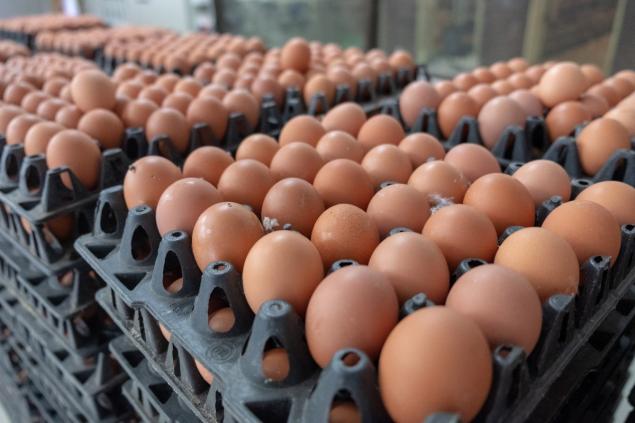
A few years ago, commercial eggs were treated with formaldehyde, a toxic substance that negatively affects the environment. Today, modern disinfection plants use safe acid-based solutions.
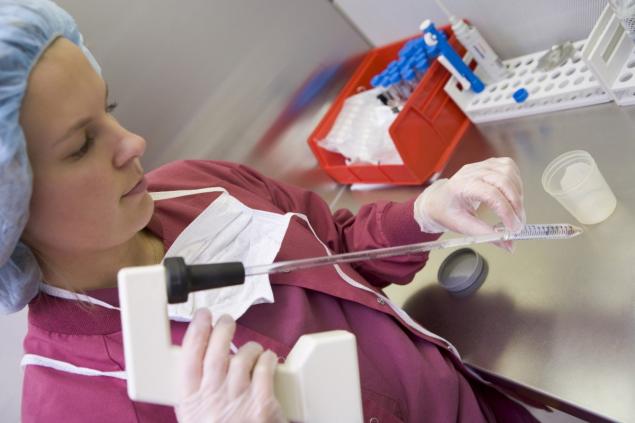
Disinfection of commercial eggs is a mandatory procedure in production. However, during transportation to the point of sale, eggs can be influenced by various external factors that will negate the result of production processing.

Therefore, you should know how to further disinfect this product at home.
For disinfection of egg shells at home, you can use soda, vinegar, and hydrogen peroxide (6%).
To prepare a soda solution, you will need 1 liter of water and 20 g of soda. Mix the ingredients and then soak the raw eggs in the resulting solution for 20 minutes. Before that, make sure that there are no cracks and damages on the shell.
The vinegar solution cleanses eggshells twice as fast (10 minutes). To prepare it, simply mix 1 liter of water with 1 tsp of vinegar.
At the end of soaking, remove the eggs and additionally wipe with hydrogen peroxide. And then wash the eggs in normal water and dry.

To protect yourself from possible troubles, it is worth processing not only store eggs, but also home eggs.

Neglect of this procedure can lead to very unpleasant consequences. In particular, to various diseases, the most famous of which is salmonellosis.
So before cooking unusual dishes from eggs, the editorial board "Site" He invites you to familiarize yourself with all the rules of their disinfection at home.
There are two categories of eggs produced in poultry farms: incubation and commercial. The first are designed to breed the next young, and the second are sent for sale and eaten.

Immediately after demolition, commercial eggs are sent by conveyor belt to the sorting shop, where they are divided into categories and packed into trays.

In some factories, eggs are treated with disinfectants twice. And during sorting, and before the direct packaging. Some are limited to just one procedure.

This procedure protects the shell of the commercial egg from the effects of microbes. And this, in turn, increases the shelf life of products.

A few years ago, commercial eggs were treated with formaldehyde, a toxic substance that negatively affects the environment. Today, modern disinfection plants use safe acid-based solutions.

Disinfection of commercial eggs is a mandatory procedure in production. However, during transportation to the point of sale, eggs can be influenced by various external factors that will negate the result of production processing.

Therefore, you should know how to further disinfect this product at home.
For disinfection of egg shells at home, you can use soda, vinegar, and hydrogen peroxide (6%).
To prepare a soda solution, you will need 1 liter of water and 20 g of soda. Mix the ingredients and then soak the raw eggs in the resulting solution for 20 minutes. Before that, make sure that there are no cracks and damages on the shell.
The vinegar solution cleanses eggshells twice as fast (10 minutes). To prepare it, simply mix 1 liter of water with 1 tsp of vinegar.
At the end of soaking, remove the eggs and additionally wipe with hydrogen peroxide. And then wash the eggs in normal water and dry.

To protect yourself from possible troubles, it is worth processing not only store eggs, but also home eggs.











